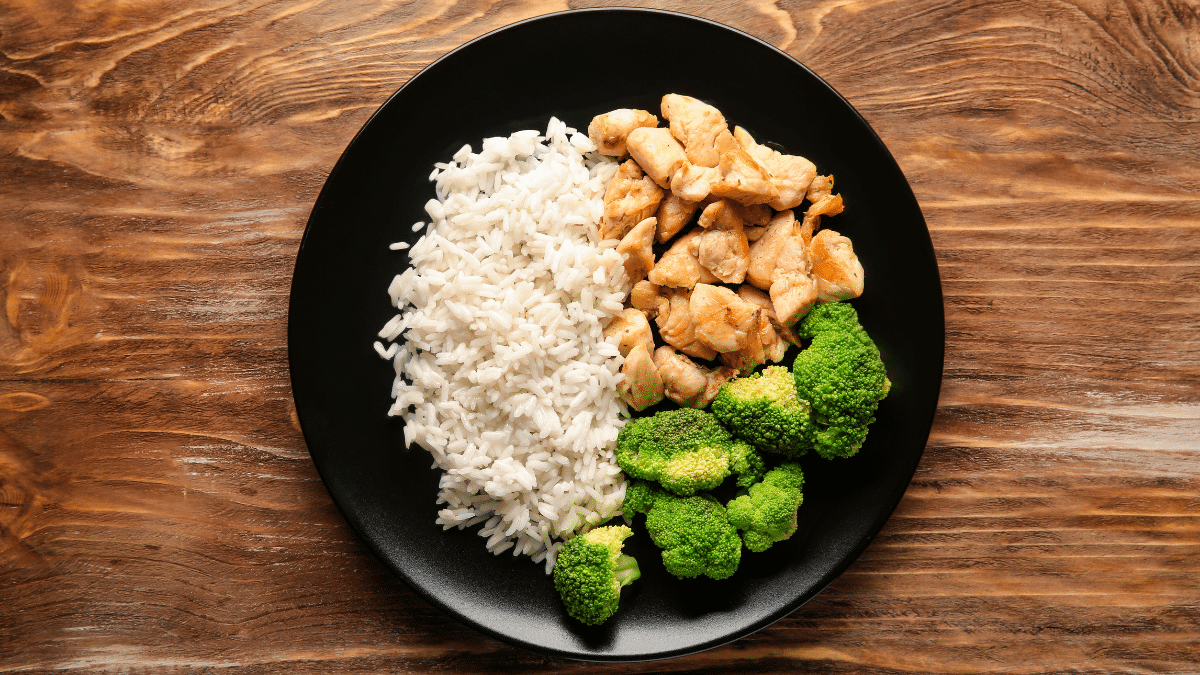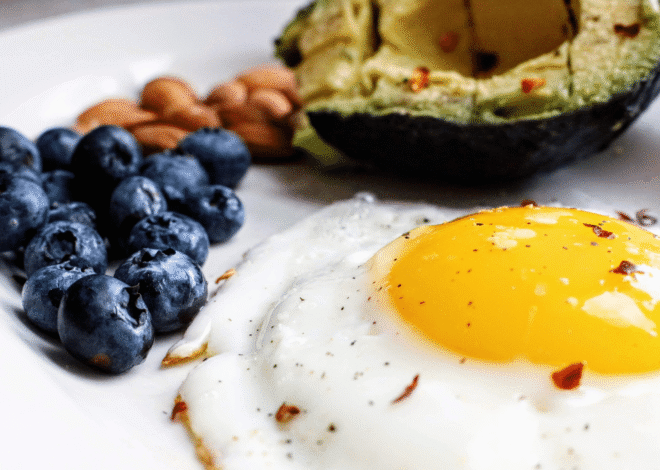
Do low-fat diets decrease testosterone? • Stronger by Science
[ad_1]
Testosterone is arguably the most well-known hormone when it comes to resistance training. It plays a fundamental role in male physiology, reproductive health, and, crucially, in influencing the muscle hypertrophy response. As a result, testosterone-boosting supplements and strategies are popular online.
While it’s generally acknowledged that a sufficient dietary fat intake is important for testosterone, exact numbers are rarely given. Fortunately, a meta-analysis by Whittaker and Wu sought to answer exactly this question: what is the impact of dietary fat intake on serum testosterone? What fat intake is associated with the highest serum testosterone levels?
To answer this question, the authors analyzed six studies in men that compared the effects of a low- vs high-fat diet on total, serum, and urinary testosterone, as well as dihydrotestosterone (DHT). Study durations ranged from 2 to 10 weeks. On average, the difference in fat intakes between groups was 20.1% of total energy intake. The low-fat group consumed ~19% of their calories as fat, on average, versus ~39% in the high-fat group.
There were a few interesting findings. First, in regards to total testosterone, the higher-fat diets tended to increase testosterone compared to the lower-fat diets. Notably, though, the effect was relatively small on average: around 50-100 ng/dl.

Notably, the same held true for free testosterone, total testosterone assessed exclusively in western samples, urinary testosterone, and dihydrotestosterone. As a result, we can have a good amount of confidence in these findings. A sensitivity analysis revealed that one study did have a significant effect on the findings, but excluding it didn’t change the results too much.
The authors assert that the mechanism behind this drop appears to be reduced endogenous testosterone production, not increased excretion or altered binding. Notably, the two largest drops occurred in studies using vegetarian low-fat diets – raising the possibility that low intakes of zinc, vitamin D, or higher fiber could have partially confounded the effect.
What does this mean, practically?
First, it’s likely that consuming slightly more dietary fat (30-40% total energy intake vs 10-25%) will increase testosterone in men. However, the increase was modest, and whether it would meaningfully increase muscle hypertrophy in people with normal testosterone levels, for example, remains to be seen. This increase may have a more meaningful effect on outcomes such as muscle hypertrophy, libido, or energy in individuals near the bottom end of the normal physiological range for testosterone.
So, should you just skyrocket your fat intake? No, probably not. For one, it’s unclear whether going much past 25-30% of calories as fat does increase testosterone further, or whether the benefits cap out at 30% or so. For another, pushing fat up to say, 40% or more will necessarily mean reducing the intake of protein and/or carbs. Protein probably has a bigger impact on strength and growth than fat; likewise, pushing carbs too low has been shown to reduce testosterone, too.
If you wish to maximize testosterone, somewhere around 30 – 40% of your total calories as fat – or, if you’re on low calories, somewhere around 1g per kilogram of bodyweight – is probably a good bet for now.
[ad_2]
Source_link
![]()


